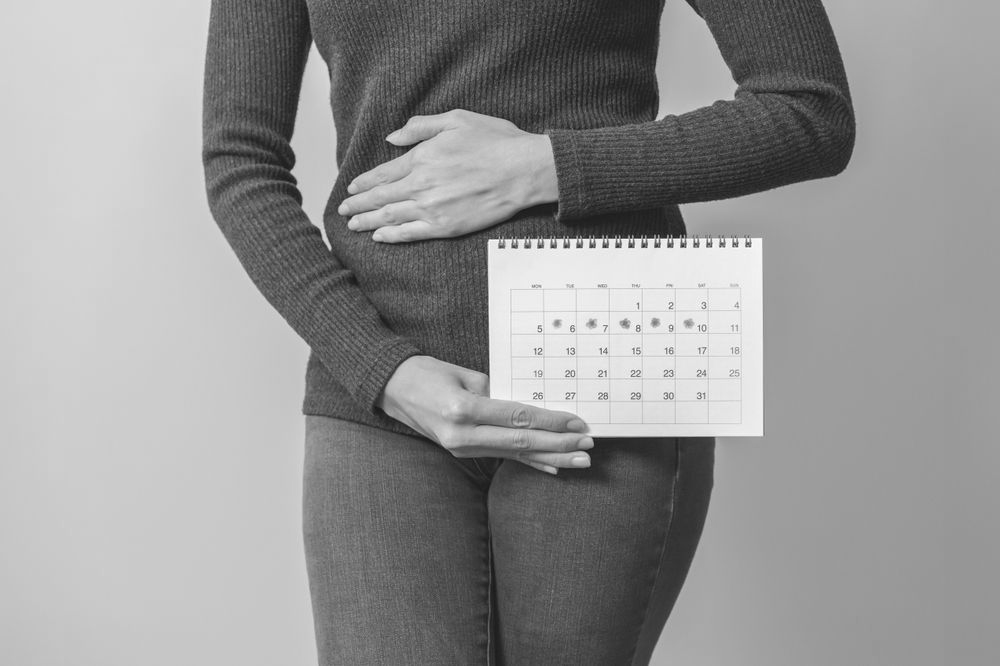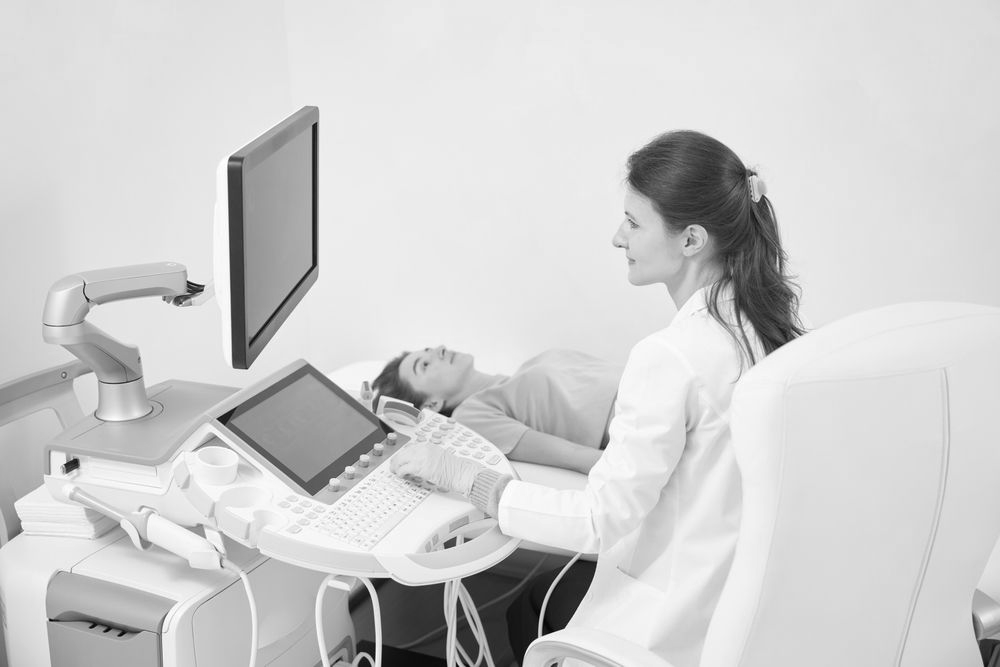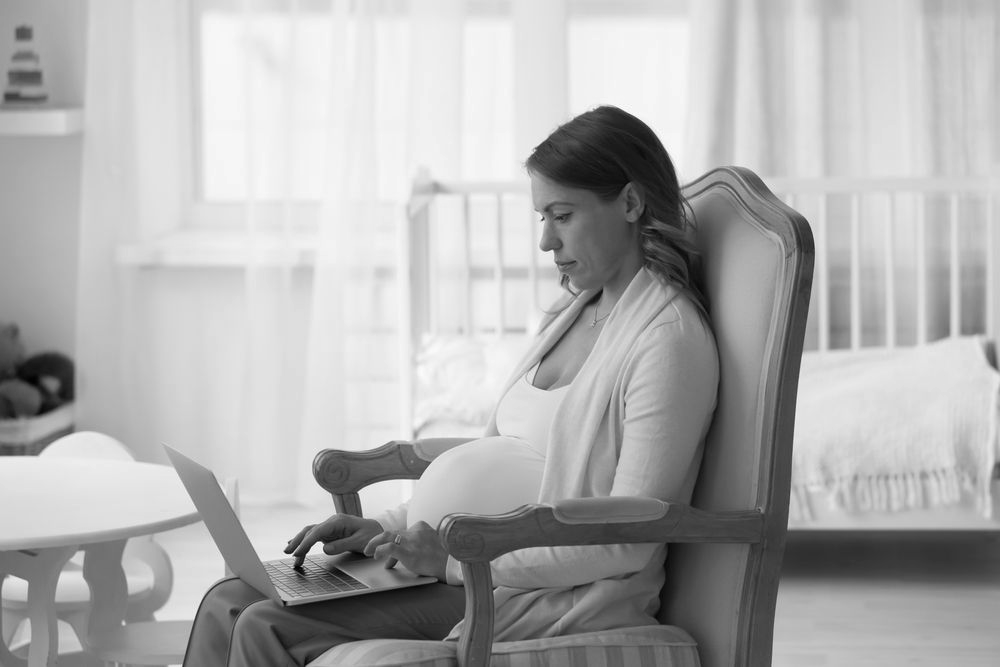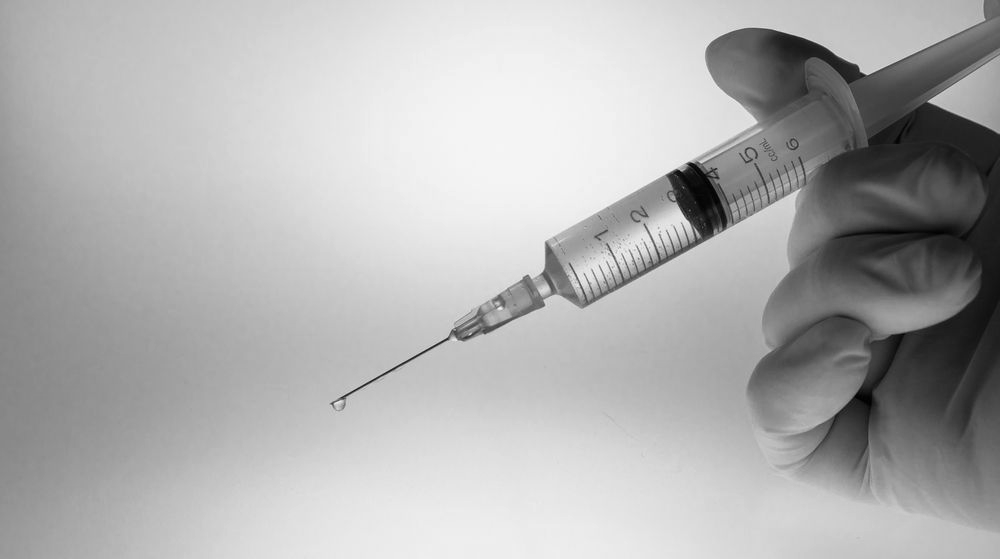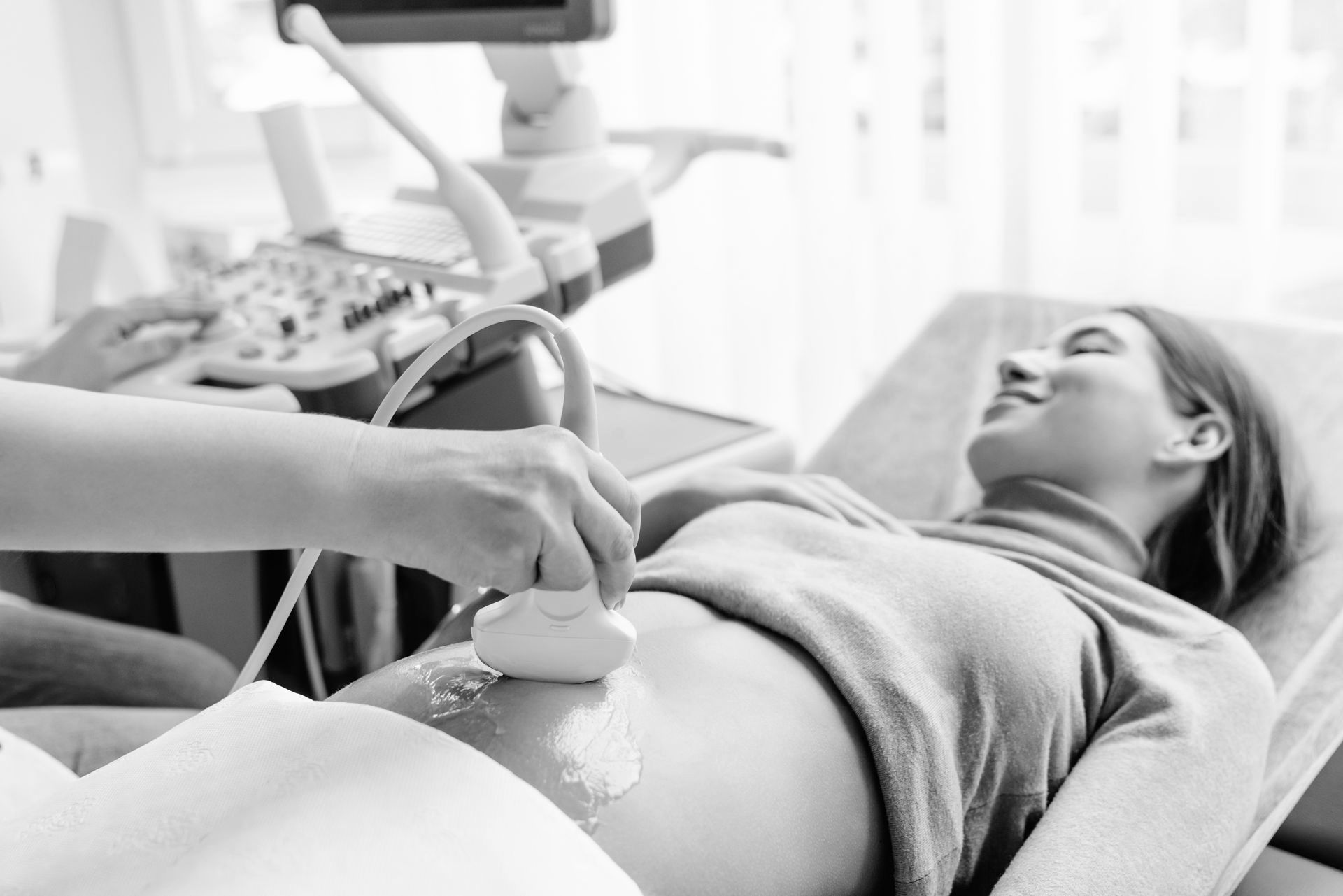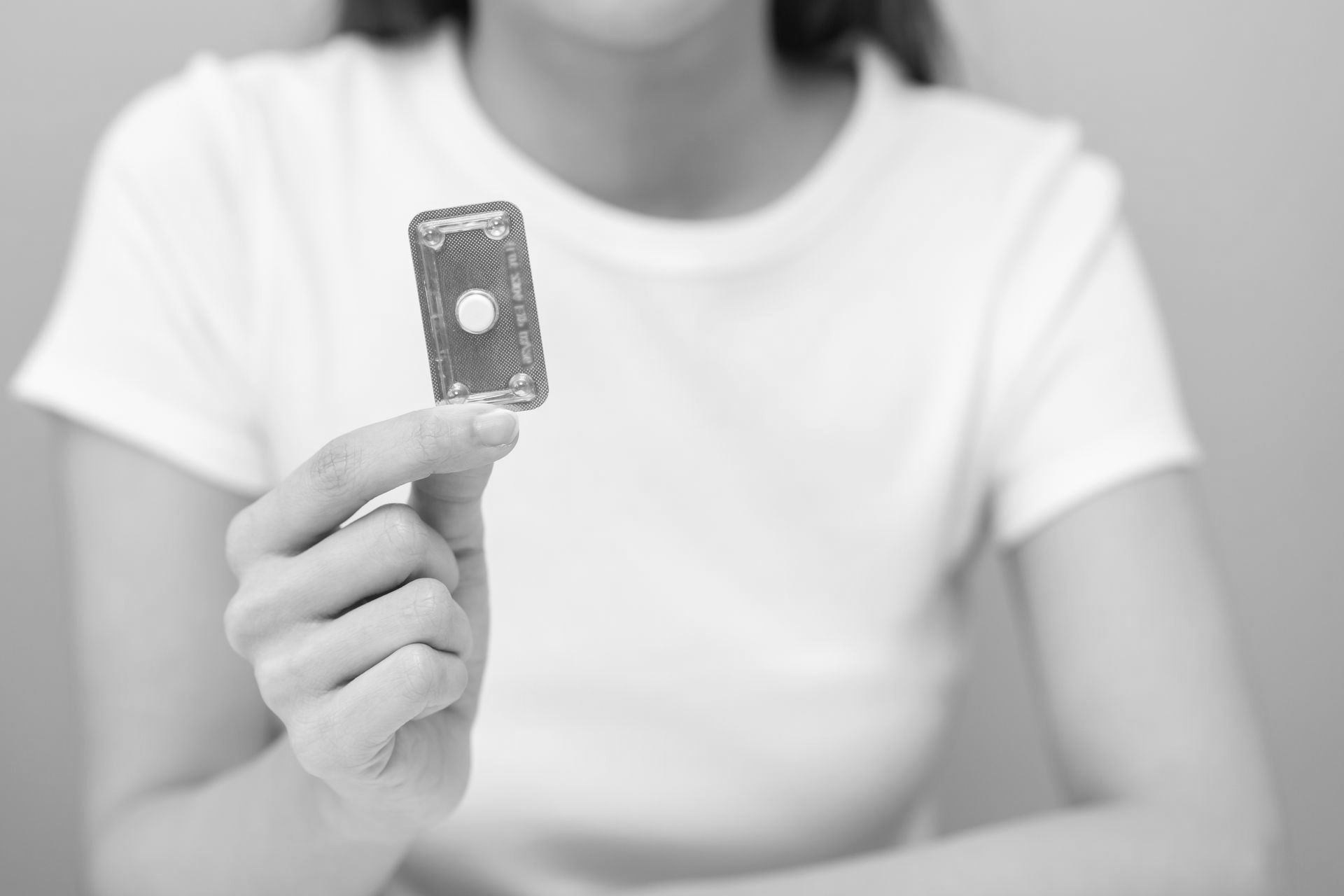How Conclusive is an At-Home Positive Pregnancy Test?
Share this Article:

Maybe you just have a “feeling,” or perhaps you have had an upset stomach the last couple of mornings. You think you might be pregnant. Before you reach for that at-home pregnancy test, STOP. How conclusive is a positive pregnancy test? Does it matter when you take it?
Actually, yes. If you take a pregnancy test too early, you risk getting an incorrect reading, causing you to think you are pregnant when you really are not or think you are not pregnant when you really are.
How Soon Will a Pregnancy Test Read Positive or Negative?
The first thing you need to do is calculate the day your period is expected. To do this, take the first day of your last period and count forward 28 days. That will be the estimated start of your next menstrual cycle.
Hold on, though! Even though many companies claim their pregnancy tests will accurately read positive or negative on the day your period is due, or even four days before that, you will benefit from waiting until the second day after your period is due.
Why wait to take your pregnancy test? Mayo Clinic says, “Shortly after a fertilized egg attaches to your uterine lining, the placenta forms and produces the hormone human chorionic gonadotropin (HCG). This hormone enters your bloodstream and urine… The earlier you take the home pregnancy test, the harder it might be for the test to detect hCG… If your periods are irregular, you might have a hard time figuring out when your period is due.”
How Do Pregnancy Tests Work?
Home pregnancy tests use urine to detect hCG. Tests have varying designs for use — some say to place the test stick directly into your urine stream. Others use a collection cup that you can dip the test stick into, while other tests have droppers to transfer the urine drops to a test cartridge.
After waiting for the prescribed amount of time, usually just a couple of minutes, the results will show in a window on that stick. The results can display in a few different ways — as a plus or minus sign, with the words pregnant or not pregnant, or one or two lines. The Directions for Use included with each test will explain what exactly you should look for when it is time to read the results.
Can You Take a Pregnancy Test While on Your Period?
Yes. If you take a pregnancy test while you are bleeding, it will not affect the test results. It is not uncommon for women to experience bleeding while they are pregnant, although bleeding while pregnant is technically not a period. Sometimes, a woman will get light bleeding around the time her period is due. This is called implantation bleeding and happens when the fertilized egg implants into the uterine lining.
How Can You Get a False-Positive Result?
There are several ways to get a false-positive result. The best way to avoid this is by reading the directions thoroughly before taking the test and making sure you follow them precisely. Instructions can vary from test to test, so don’t assume you know how the one you are using right now works.
Evaporation lines:
An evaporation line is a faint line that appears after the prescribed amount of time has passed. To avoid reading an evaporation line as a false-positive result, make sure you look at the result window exactly when the directions say and not after.
If you wait too long, and you have a non-digital test, you may see a line that you think means you are pregnant. In reality it could be the evaporation line from the urine.
Previous miscarriage, abortion, or birth:
When you are pregnant, the hormone hCG is secreted. After a miscarriage, abortion, or birth, the levels will slowly drop to non-pregnant levels somewhere between nine and 35 days after the pregnancy ended. If you take a test within this time frame, it could pick up on hCG from the previous pregnancy resulting in a false-positive.
Sometimes, women have chemical pregnancies which are pregnancies that miscarry shortly after a fertilized egg implants into the lining of the uterus. Many times, women are not aware that they had a miscarriage, but if they take an early pregnancy test, it will detect the hormones produced before the miscarriage and cause a false-positive.
Molar pregnancy:
Molar pregnancy is a condition that causes a uterine tumor to grow. It is caused by a genetic abnormality at conception, resulting in an abnormal pregnancy where only the male chromosomes are present. When this occurs, a dilation and curettage are required to remove the abnormal tissue.
Medications:
There are certain medications that can lead to a false-positive pregnancy test. Generally, these medications contain hCG and are used to treat infertility.
Medical conditions:
Some medical conditions can result in false-positives because they cause hCG to rise when a woman is not pregnant. Some of those conditions include disorders affecting the pituitary gland, certain cancers, phantom hCG, ovarian cysts, and urinary disease or urinary tract infections.
Can Being on Your Period Cause a False-Positive Pregnancy Test?
No, being on your period will not cause a false-positive test result.
Accuracy
If you follow the instructions carefully, and patiently wait an extra day after a missed period, home pregnancy tests can be 99 percent accurate, according to the United States’ Office on Women’s Health.
What to Do After a Positive Pregnancy Test
Positive pregnancy tests are not conclusive. If you get a positive reading on a home pregnancy test, schedule a visit at Willow Womens Center for a medical-grade pregnancy test to confirm your results. We can help you determine how far along you are and check the viability of your pregnancy. Both of this is done by ultrasound.
Our licensed medical professionals offer no-cost pregnancy testing and ultrasound exams. Our team can answer your questions without judgment or bias, so you feel equipped to make a confident decision about your pregnancy.
Make an appointment today at Willow Womens Center. We care about you, holistically: physically, emotionally, spiritually, and our desire is for you to feel supported in all of those areas.
Connect with Us:


